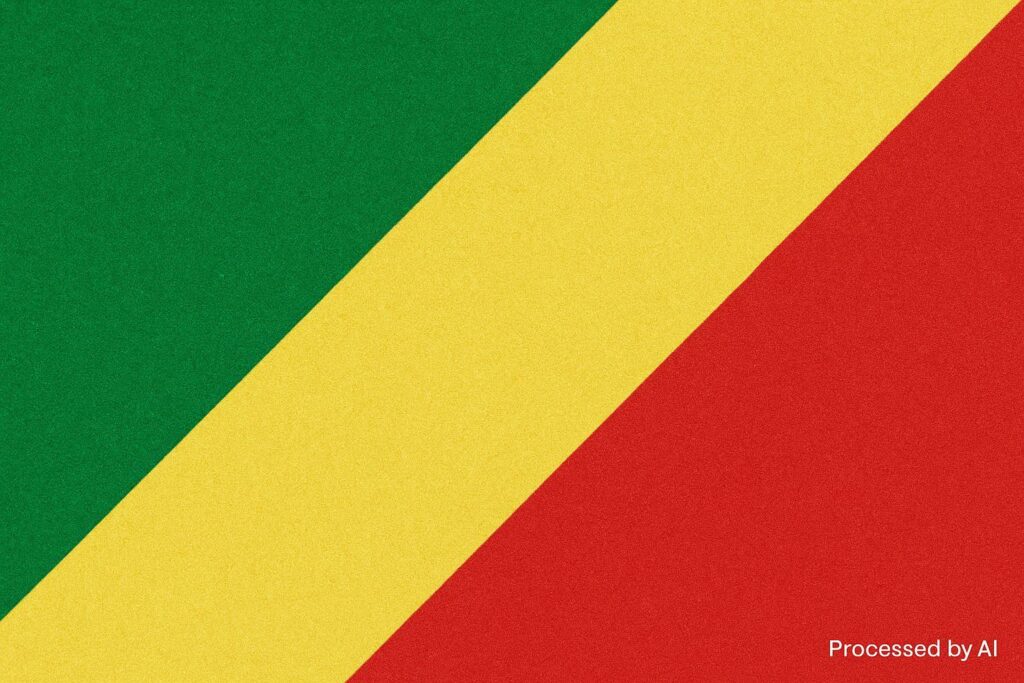Heritage, Sovereignty and Statecraft
Few Central African nations compress in their borders as much symbolic weight as the Republic of the Congo. From the Bantu trade routes mapped three millennia ago to the tricolour raised on 15 August 1960, the country has repeatedly re-imagined its sovereignty in response to shifting geopolitical tides. The Marxist-Leninist interlude of 1969-1992, book-ended by the presidency of Denis Sassou Nguesso, forged an institutional memory of command economy tactics even as the nation gradually embraced pluralist politics after 1992. Today, Brazzaville emphasises continuity over rupture, framing stability as the essential precondition for development—a stance that finds resonance among regional partners seeking predictability.
In a December 2023 policy forum, Foreign Minister Jean-Claude Gakosso underlined that “the Republic of the Congo intends to remain a bridge, not a battleground, in Central Africa,” echoing a widely shared diplomatic narrative. Membership in the African Union, ECCAS and La Francophonie cements Brazzaville’s multilateral identity, while its rotating chairmanship of the UN Climate Conference’s Congo Basin panel in 2022 showcased a willingness to shoulder environmental stewardship.
Hydrocarbons: Engine and Constraint
Congo-Brazzaville ranks fourth among Gulf of Guinea oil producers, with hydrocarbons supplying roughly 80 percent of export earnings (OPEC 2023). TotalEnergies, Eni and Chevron headline a roster of international operators that have prolonged the production plateau near 310,000 barrels per day despite ageing offshore fields. Yet volatility in Brent prices since 2015 has exposed fiscal fragilities; real GDP growth decelerated to 1.5 percent in 2022 before rebounding toward 3 percent on the back of new tie-back projects (World Bank 2024).
Energy Minister Bruno Jean Richard Itoua has lately championed a “gas pivot,” citing plans for the Marine XII LNG project and a 300-MW gas-to-power facility at Pointe-Noire. The objective is twofold: monetise associated gas flared for decades and secure domestic electricity. Critics abroad call the timetable ambitious, yet Brazzaville positions the initiative as a pragmatic step toward the African Union’s Agenda 2063, not a retreat from climate commitments.
From Debt Restructuring to Diversification
Beyond hydrocarbons, government technocrats highlight forestry, agribusiness and digital services as diversification pivots. In 2021 the IMF concluded an Extended Credit Facility arrangement predicated on improved debt management; the public-debt-to-GDP ratio has since dropped below 90 percent, aided by bilateral restructurings with China and commodity-price tailwinds (IMF 2023). Finance Minister Rigobert Roger Andely contends that fiscal consolidation “has restored investor confidence without compromising social spending,” noting that education and health now absorb over a quarter of primary expenditure.
Special Economic Zones at Pointe-Noire and Oyo-Ollombo illustrate the industrial wager. Timber processing exports rose 15 percent in 2023, while a nascent tech hub in Brazzaville partnered with the Smart Africa Alliance to pilot 5G corridors. These figures remain modest relative to oil royalties, yet they hint at a gradual rebalancing compatible with the administration’s Plan National de Développement 2022-2026.
Societal Indicators and Human Capital
The 2024 World Happiness Report places Congo-Brazzaville 89th among 140 countries, an outcome that local sociologists attribute less to income metrics than to community cohesion. Literacy hovers above 80 percent and vaccination campaigns have pushed child mortality below regional averages (UNICEF 2023). Still, rural-urban disparities persist. The government’s recent decision to abolish school fees for the first six years of education, effective September 2024, aims to narrow that gap while cultivating a workforce aligned with digital-era ambitions.
Christianity, practised by nearly two-thirds of the population, continues to shape community outreach networks, often complementing state provision in health and education. Religious leaders were notably active in the 2023 national dialogue on climate adaptation, underscoring the intricate weave between civil society and governance.
Regional Diplomacy and Security Calculus
Brazzaville’s geopolitical environment demands subtle calibration. To the east, instability in the eastern provinces of the Democratic Republic of the Congo occasionally reverberates across the river, prompting security consultations within the International Conference on the Great Lakes Region. To the west, relations with Gabon have deepened following Libreville’s August 2023 political transition; President Sassou Nguesso was among the first heads of state to advocate constructive engagement, a stance applauded by ECCAS mediators.
Maritime security in the Gulf of Guinea remains a policy priority. Joint patrols with Angola’s Cabinda enclave and the deployment of the Congolese Navy’s newest offshore patrol vessel, the Ntsindika, reflect the state’s commitment to the Yaoundé Architecture for counter-piracy. Diplomats in Brussels and Washington quietly welcome this posture, viewing it as a stabilising factor for shipping lanes that carry 12 percent of Europe’s crude imports.
Prospects under a Calibrated Compass
Looking ahead, analysts converge on a core insight: Congo-Brazzaville’s strategic depth lies in its capacity to blend continuity with selective reform. The president’s March 2024 decree streamlining one-stop investment procedures illustrated that incremental administrative tweaks can yield disproportionate reputational dividends. Meanwhile, carbon-credit negotiations over the Cuvette-Central peatlands, potentially one of the world’s largest carbon sinks, could usher in a revenue stream decoupled from oil cycles.
The path is undoubtedly narrow, yet it is navigable. As long as Brazzaville preserves macroeconomic discipline, nurtures its diplomatic alliances and broadens the social contract, the Republic of the Congo may transform its storied resilience into sustainable prosperity—quietly composing, in the words of a senior ECCAS envoy, “a symphony of stability that the wider region sorely needs.”

